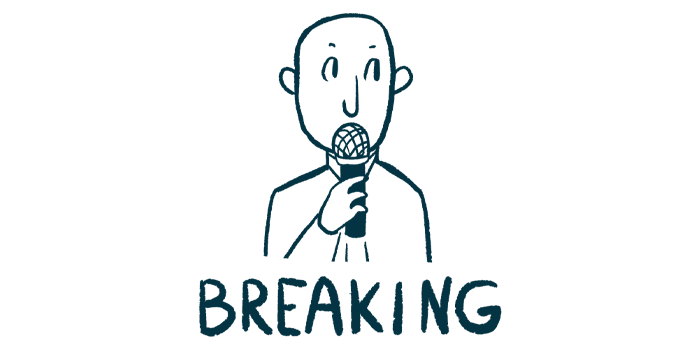Generics of Gilenya Not Likely in US for at Least Another Two Years
Written by |

A decision by the U.S. Court of Appeals for the Federal Circuit has upheld the validity of a patent for dosing Novartis’ oral multiple sclerosis (MS) treatment Gilenya (fingolimod), the medication’s manufacturer announced.
“With this decision, Novartis confirms that it expects no generic versions of Gilenya in the US market for at least the next two years,” the company stated in a press release.
The appellate court’s ruling upholds a 2020 decision from the U.S. Federal District Court for the District of Delaware that Novartis’ patent — U.S. Patent No. 9,187,405 — is valid.
The District Court had also issued an injunction against HEC Pharma, which the Court of Appeals now has upheld. This basically means that HEC — the sole company continuing to challenge the patent — won’t be able to mount further legal challenges until the patent expires at the end of 2027.
Novartis had previously entered into settlement agreements with a number of other companies looking to make and sell generic versions of Gilenya. Under these agreements, the other companies will not be able to launch generic versions of the medicine until an agreed-upon date. While that date has not been specified, it will be prior to the patent’s December 2027 expiration.
MS is caused by immune cells erroneously attacking healthy parts of the nervous system. Gilenya is a sphingosine 1-phosphate (S1P) receptor modulator that essentially works by “trapping” the immune cells in lymph nodes, which prevents these cells from getting in to the nervous system and causing damaging inflammation.
Gilenya was approved by the U.S. Food and Drug Administration (FDA) in 2018 to treat patients ages 10 and up with active forms of MS, which includes clinically isolated syndrome (CIS), relapsing-remitting MS (RRMS), and active secondary progressive MS (active SPMS). Its initial U.S. approval, limited to adult patients, was in 2010.
The FDA approved a generic form of Gilenya made by HEC in 2019 as well and approved similar generics by other companies, but they are not now available on the U.S. market. A generic is a medication that contains the same active ingredients as its name-brand counterpart; they generally can help to drive down treatment costs by introducing competition into the marketplace.



